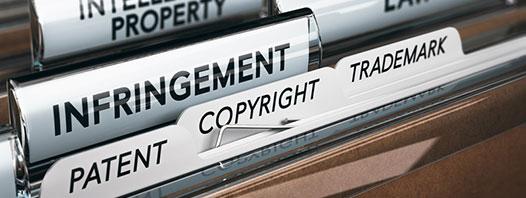Essential Tools for Protecting Your Business
If you own a business, you should always be thinking about ways to protect your business with assistance from counsel. While your business likely has General Liability (GL) insurance and an Employment Practice Liability Insurance (EPLI) policy for protection in the event of a lawsuit or claim, you should also be thinking about other types of insurance coverage that could protect your business, such as cyber insurance in the event of a data breach. Yet business protections go far beyond insurance policies and provisions. At Wells Law, LLC, we routinely assist business owners with essential business protection opportunities. Your business may want to seek counsel for assistance in developing some of these tools for protecting your business.
Examples of Business Protection Opportunities
The following are examples of opportunities that could benefit your business but that you might not be thinking about:
- Intellectual property protections: Depending upon your particular type of business, a trademark or service mark may be able to protect your goods or services. As the U.S. Trademark and Patent Office (USPTO) explains, trademarks are for a “word, phrase, symbol, and/or design that identifies and distinguishes the source of the goods of one party from those of others.” Similarly, a service mark is for “a word, phrase, symbol, and/or design that identifies and distinguishes the source of a service rather than goods.” If your company’s products or services are unique, you should consider a trademark or service mark to protect the value of those goods or services. Learn more about protecting your business’s intellectual property.
- Copyright law and works made for hire: The U.S. Copyright Office explains that federal copyright law protects distinct works that are created by a business, such as computer software that your company has developed. Accordingly, any unique works that your company has developed may be eligible for copyright protection. Your business should also know that it may be able to copyright works made for hire by employees of the business. To be clear, a work made for hire is a potentially copyrightable work that has been made by an employee under the services of the employer. As such, a work made for hire results in the employer or business being the author of the work as opposed to the specific employee who created it.
- Limited use license agreements: A limited use license limits the manner in which or scope of another entity’s ability to use your business’s intellectual property. For example, if your business created a computer software program, a limited use license may give someone else the limited ability to use it but would also prohibit the other party from particular uses of your intellectual property (and would allow your business to file a claim if the license agreement were violated).
- Non-compete agreements: A non-compete agreement can protect your business by preventing an employee from conducting similar work for others while employed by you, and this type of agreement may also limit that employee’s similar work for a particular period of time after leaving your business. Learn more about non-compete agreements.
- Non-disclosure agreements: Non-disclosure agreements (or NDAs) are essential for keeping business secrets or trade secrets private. You can draw up a non-disclosure for all employees to sign.
If you want to learn more about developing one or more of these business protection opportunities, you should contact a business law attorney at Wells Law, LLC to learn more about how we can assist you.

